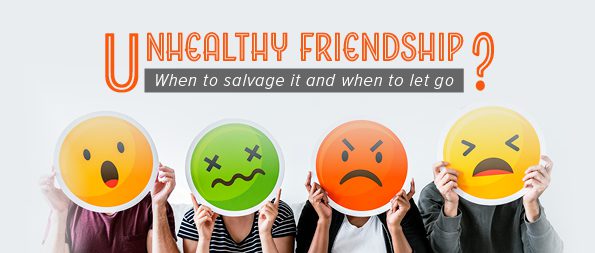Macaela Mackenzie & Anna-Marie Jaeschke
High school friendships aren’t confined to students’ lives on the weekends—they’re a key part of ensuring student health and success at school. “Healthy friendships are important at every age,” says Dr. Marjorie Hogan, a board-certified pediatrician in adolescent medicine in Minnesota. “Strong friendships lead to positive mental and emotional health, providing acceptance, mutual affection, trust, respect, and fun.”
Social bonds can have a profound effect on students’ health and longevity. A 2010 review of studies found that those who have few friends or low-quality friendships are more likely to die early or develop serious health issues such as cardiovascular disease, high blood pressure, and even cancer. On the other hand, healthy social ties appear to boost the immune system, improve mental health, and lower stress.
Aside from the health benefits, fostering healthy social relationships helps promote student success beyond high school and college. “People are going to be more successful in life if they’re developed emotionally and not just academically and professionally,” says Dr. Ellen Jacobs, an adolescent and adult psychologist in New York. “[Schools] should think of themselves as trying to develop a whole person—it’s not just about developing academics but also emotional intelligence.”
High school can be a particularly challenging time period for developing healthy friendships. “There’s a lot of stress, and it can come out in relationships,” Dr. Jacobs says. Meanwhile, students are still developing their definitions of healthy social bonds—and skills at building them. “It’s a developmental milestone to really fine-tune the kind of relationships you want to have in your life,” she says.
To help support healthy relationships among students:
- Make relationships a topic included in class and in any health and wellness programming.
- Have teachers discuss how to build strong personal relationships.
- Focus on creating a positive community at school.
- Create explicit conflict-resolution guidelines and procedures for disputes at school.
- Make sure student counseling sessions are available to address a variety of interpersonal issues, including personal relationships.

